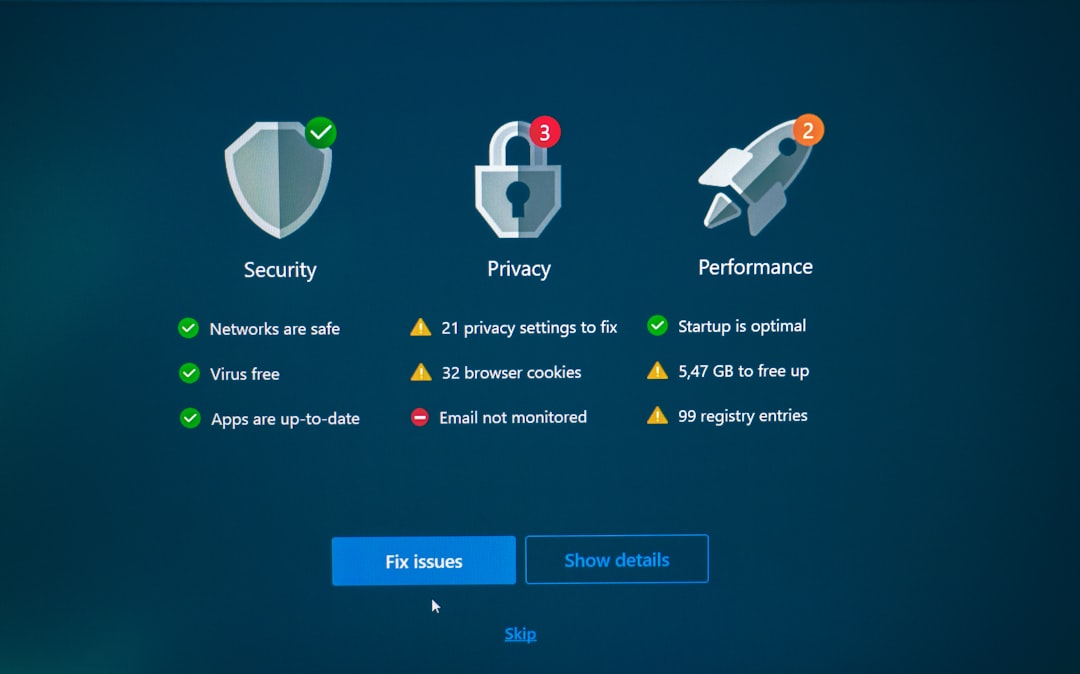As businesses continue to adapt to an ever-evolving digital landscape, the importance of data security has never been more paramount. With the surge of hybrid and remote work environments, companies are reevaluating how their teams access sensitive resources from various locations. In 2025, utilizing a VPN (Virtual Private Network) for remote connections is a critical component of any robust business security strategy. A VPN ensures that employees can access internal systems securely, protecting both company and client data from cyber threats.
The Changing Face of Remote Work
Over the past few years, remote work has transitioned from a temporary solution to a long-term norm. According to recent studies, over 65% of organizations in 2025 either operate on a fully-remote or hybrid model. This shift, while beneficial for flexibility and productivity, comes with its own set of cybersecurity challenges.
Traditional network security methods that rely on perimeter-based security models struggle to protect traffic outside the office walls. Employees use various devices and networks, many of which are unsecured. That’s where a VPN becomes indispensable—it creates a secure encrypted tunnel for data transmission, no matter where the user is based.

Why VPNs Are Essential in 2025
1. Data Encryption for Protection
One of the primary reasons VPNs are vital is due to their encryption capabilities. A VPN encrypts internet traffic, making it unreadable to outside parties like hackers, Internet Service Providers, or even public network operators. This protection is essential when using open Wi-Fi networks found in cafes, airports, or home environments that may lack robust firewalls.
2. Securing Access to Internal Systems
Remote workers often need access to sensitive databases, business applications, and internal communication tools. Allowing direct user access can increase vulnerability. VPNs offer a secure gateway that authenticates users and enforces access control policies to limit unauthorized entry.
3. Compliance with Data Regulations
In 2025, data privacy regulations such as GDPR, HIPAA, and CCPA remain strictly enforced. Companies must ensure that remote access to data complies with these mandates. Using a VPN to control and monitor access provides the audit trails and security features necessary for legal compliance.
4. Protection Against Cyber Threats
The cyber threat landscape has become increasingly sophisticated. Phishing attacks, ransomware, and Man-in-the-Middle (MitM) attacks continue to evolve. A VPN acts as a frontline defense by masking IP addresses and encrypting data traffic, reducing the attack surface of your business operations.
The Consequences of Not Using a VPN
Failing to implement VPN solutions can result in dire consequences. Some potential risks include:
- Data Breaches: Sensitive company or client information can be intercepted and exploited.
- Reputation Damage: Clients will lose trust in a company that cannot secure their data.
- Financial Loss: The average cost of a data breach is projected to exceed $5 million in 2025.
- Compliance Penalties: Non-compliance with legal standards can result in fines and legal action.

Types of VPNs and Choosing the Right One
Various VPN solutions exist, and each serves a different business need. Knowing the difference is key to implementing the right security strategy:
- Remote Access VPN: Ideal for individual employees connecting from remote locations. Offers secure access to a private network over the internet.
- Site-to-Site VPN: Used to securely connect two fixed networks, typically office locations. Suitable for organizations with multiple branches.
- Cloud VPN (Clientless VPN): Catered to businesses moving their infrastructure to the cloud. It allows seamless and secure access to cloud-based applications without installing additional software.
When selecting a VPN provider, businesses should consider factors like:
- Encryption strength (look for AES-256 and latest protocols like OpenVPN or WireGuard)
- Multi-factor authentication (MFA) integration
- Scalability depending on company size and growth
- Support and uptime guarantees
- Compliance certifications (such as ISO 27001 or SOC 2)
Best Practices for VPN Implementation
To maximize the effectiveness of a VPN within your organization, follow best practices during deployment and management:
- Enforce Strong Authentication: Require multi-factor authentication to add an extra layer of security.
- Segment Network Access: Use access controls to ensure employees only reach the parts of the network they need.
- Regularly Update and Patch: Keep the VPN software up-to-date to mitigate vulnerabilities.
- Monitor Activity: Log and monitor VPN activity for unusual patterns that could indicate a breach.
- Provide User Training: Educate employees on safe network practices and the importance of connecting through the VPN.
The Future of Remote Work Security
With artificial intelligence influencing cybersecurity, and cybercriminals leveraging advanced technology themselves, the old methods of securing business networks won’t suffice. VPNs have become the norm—not the exception—for protecting digital assets.
Moreover, the shift toward Zero Trust Network Access (ZTNA) frameworks doesn’t eliminate the need for VPNs. Instead, it enhances them. A well-monitored and correctly implemented VPN becomes a foundational layer of a zero trust security model, where verification is ongoing and never assumed.
Conclusion
In 2025, remote access is no longer a luxury—it’s a business necessity. Securely enabling it through a reliable VPN is essential to protect valuable data, ensure compliance, and maintain customer trust. Organizations that invest in strong cybersecurity foundations, including VPN infrastructure, position themselves not only to weather today’s threats but to stay resilient for the future. VPNs aren’t just tools; they’re business-critical assets for survival and success in the digital age.
FAQ: VPN Access and Secure Remote Connections
- Q: What is a VPN and how does it work?
A VPN (Virtual Private Network) creates a secure, encrypted tunnel between the user’s device and the company network, ensuring private and safe data transmission over the internet. - Q: Is a VPN safe for all types of businesses?
Yes. Whether you’re a small startup or a large enterprise, VPNs can significantly enhance data security and are customizable to suit business needs. - Q: Can using a VPN slow down connection speeds?
Sometimes, depending on the provider and network load. However, premium VPN services are optimized to minimize performance issues. - Q: Do VPNs protect against all cyber threats?
No single tool offers complete protection. VPNs protect data in transit but should be part of a layered security approach including antivirus, MFA, and user training. - Q: How can I ensure my employees are using the VPN properly?
Implement user training, enforce VPN use by policy, and use monitoring tools to ensure compliance.






